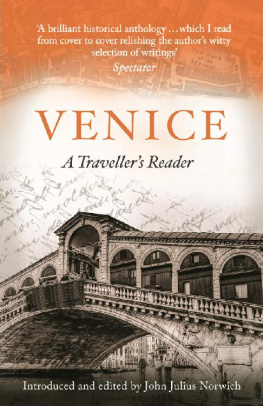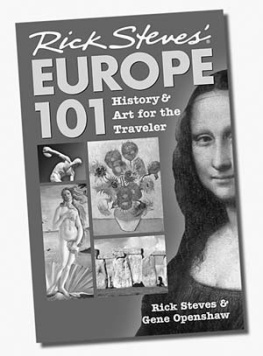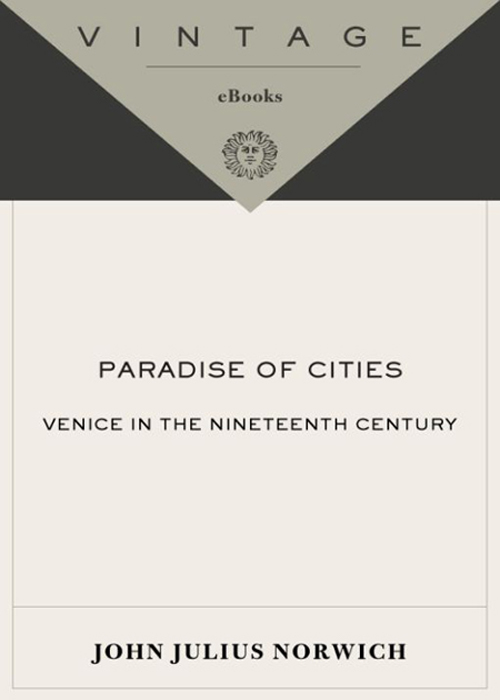
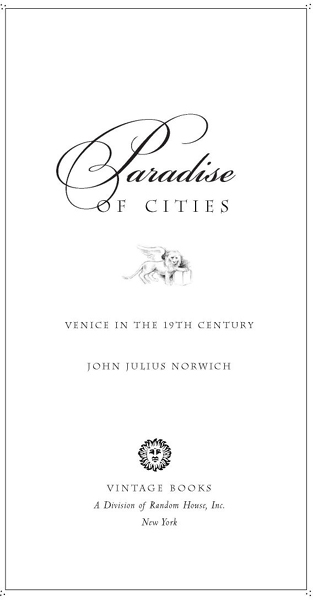
Table of Contents
for my grandchildren
If I were to assign a particular quality which conduces to that dreamy and voluptuous existence which men of high imagination experience in Venice, I should describe it as the feeling of abstraction which is remarkable in that city and peculiar to it. Venice is the only city which can yield the magical delights of solitude. All is still and silent. No rude sound disturbs your reveries; fancy, therefore, is not put to flight. No rude sound distracts your self-consciousness. This renders existence intense. We feel everything. And we feel thus keenly in a city not only eminently beautiful, not only abounding in wonderful creations of art, but each step of which is hallowed ground, quick with associations that, in their more various nature, their nearer relation to ourselves, and perhaps their more picturesque character, exercise a greater influence over the imagination than the more antique story of Greece and Rome.
BENJAMIN DISRAELI Contarini Fleming
It is a fact that almost everyone interesting, appealing, melancholy, memorable, odd, seems at one time or another, after many days and much life, to have gravitated to Venice by a happy instinct, settling in it and treating it, cherishing it, as a sort of repository of consolations; all of which today, for the conscious mind, is mixed with its air and constitutes its unwritten history. The deposed, the defeated, the disenchanted, the wounded, or even only the bored, have seemed to find there something that no other place could give.
HENRY JAMES
Only in Venice, why? What reason for Marks Square
Rather than Timbuctoo?
ROBERT BROWNING Fifine at the Fair, civ
International acclaim for John Julius Norwichs
PARADISE OF CITIES
Suavely presented.... Appealing.... Full of relishable moments.... Paradise of Cities shows a sharp eye for the curious and entertaining.... It lights up many facets of expatriate life in the worlds most inexhaustibly alluring city.
The Sunday Times (London)
Illuminating.... Norwich is a historian of uncommon urbanity: scholarly and erudite but never pedantic. His style is as graceful and easy as it is knowledgeable.
Los Angeles Times
Stylish, resonant, indelible... an ode to a very splendid and unique city.
Booklist (starred and boxed review)
Supremely readable and often witty.
The Guardian (London)
Engaging.... Makes intelligent sense out of how Venice evolved from the pleasure capital of 17th- and 18th century Europe... into a 21st-century aesthetic temple.
Financial Times
ACKNOWLEDGMENTS
I SHOULD LIKE PARTICULARLY to thank Professor John Law of the University of Swansea for his help and encouragement, particularly with relation to Rawdon Brown; and Mr. Michael Severne, for having allowed me to publish the letter from his uncle, Rowland Burden-Muller, describing his life with Lady Layard in the early years of the last century.
For the illustrations, I have to thank the owner of the Millais portrait of Ruskin for letting me reproduce it here, and my friend Dr. Marino Zorzi, Director of the Biblioteca Marciana, in respect of the portrait of Rawdon Brown. The color portraits of Byron, Henry James, and Layard are in the collection of the National Portrait Gallery, London. Mr. Adam Grummitt, of the Gallerys staff, has been unfailingly helpful with my inquiries.
As always, too, I must express my warmest thanks to the staff of the London Library, where virtually every word has been written. Indeed, I could not possibly have done it anywhere else.
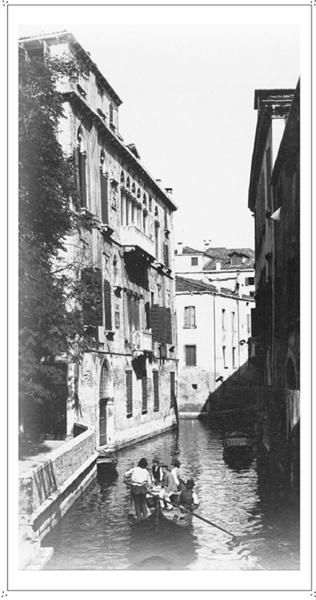
INTRODUCTION
A Century in Venice
IT MAY WELL be considered that I have written enough about Venice. After two volumes of history, one anthology, and heaven knows how many articles, the appearance of yet another work on the subject will quite possibly be received with something like dismay. My excuse is, first, that I love the place so much that I cant really resist writing about it; second, to advance the story. Everyone knows that the life of the Most Serene Republic, having endured over a thousand years, was in 1797 brought to a sudden and all too humiliating end by the army of the young Napoleon. But what, people wonder, happened next?
The short answer is that after a few miserable years of being tossed like a shuttlecock backwards and forwards between France and Austria, Venice was placed by the Congress of Vienna firmly in Habsburg hands, in whichwith one short, glorious, but quixotic interruptionshe remained for another half century. Finally, in 1866, she was absorbed into a united Italy. Her independence was gone, never to return; gone, too, were the Doge and the Golden Book, the courtesans and the Carnival, the balls and masques begun at midnight, burning ever till mid-day, andnot least of her regretsthe young English milords on their Grand Tour, stopping off for a few weeks of mild debauchery before returning home, cheerfully enough, with a couple of Canalettos and a mild dose of the clap. Venice in the nineteenth century was a poor, sad shadow of what she had been in the eighteenth; how, then, could the story of that century best be told?
Not, certainly, by a straightforward recital of political events; such a treatment would have been depressing (which is bad enough) or boring (which is far, far worse). And so the idea came to me of looking at Venice through the eyes of othersthose of famous visitors or residents who, even if they did not make the city their home, were involved with it closely enough not simply for their views of it to be of value but for their names to be permanently associated with it in the minds of future generations. Obviously, Napoleon himselfthough he paid only one brief visit lasting less than a fortnighthad to be the first subject of study. I thought long and hard about whether or not to include the puzzling story of Nahir de Lusignan, eventually deciding on a compromise by relegating her to a parenthetic postscript. I hardly dare hope that some reader will be able to cast light on the mysterythough how wonderful it would be if one did.
Byron, equally obviously, had to be the second. I have never liked him, and after completing Chapter 3 felt even less sympathetic towards him than before. (Is it not mildly astonishing, incidentally, that he should have spent some three years in Ravenna without giving a single indication that he visited the greatest early Byzantine mosaics anywhere in the world, or even that he knew of their existence?) I am conscious, too, that after the countless books about him more, I suspect, with the possible exception of Shakespeare, than about any other English writerthe story of his life in Venice is already almost too well known. On the other hand that story is undeniably a good one; and in any case, to leave him out of a book of this kind would be almost as reprehensible as his own attitude to those mosaicsto say nothing of his rather different attitude to the ladies of Venice, over whom he seemed to cast so magic a spell.
Then, of course, comes Ruskinwho cast no spell at all on ladies, but whose prose, when he pulls out all the stops, I unashamedly prefer to most of Byrons poetry. He was, I suppose, a sort of genius, though certainly a deeply flawed one: however much the city fascinated him and however many benefits he conferred upon it, he never really understood what it was all about. The late Sir Kenneth Clark used to maintain that the reason why most English nineteenth-century travelers preferred Florence to Venice was that Ruskins
Next page

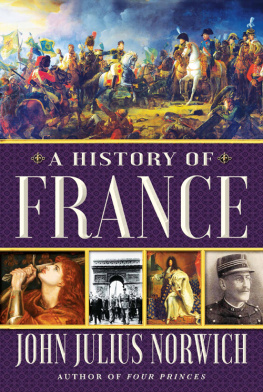
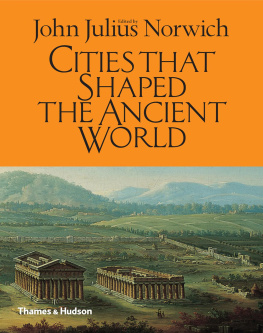
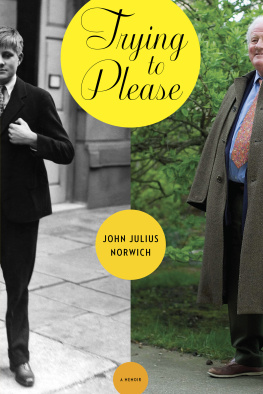
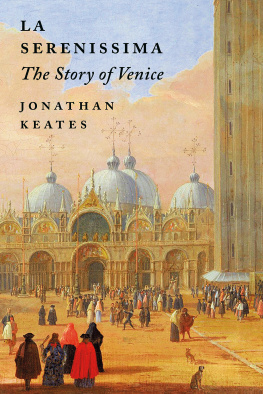
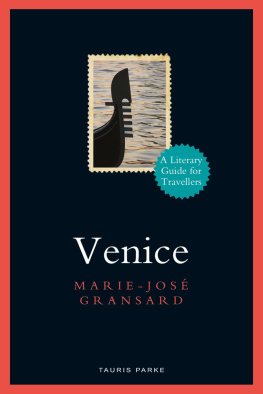
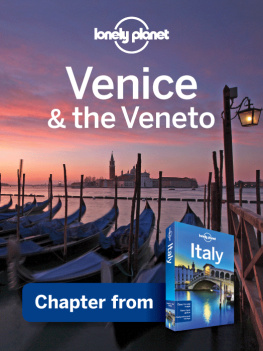
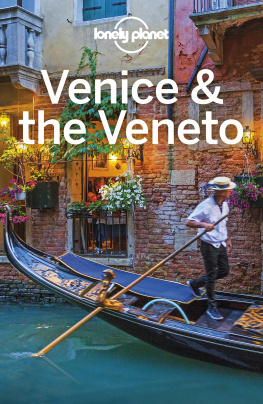
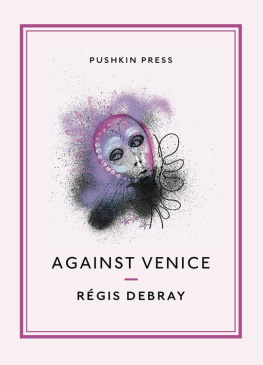
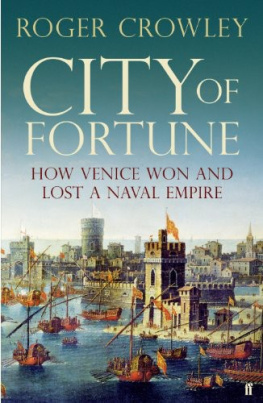
![Bosworth - Italian Venice: a history[Electronic book]](/uploads/posts/book/194557/thumbs/bosworth-italian-venice-a-history-electronic.jpg)
